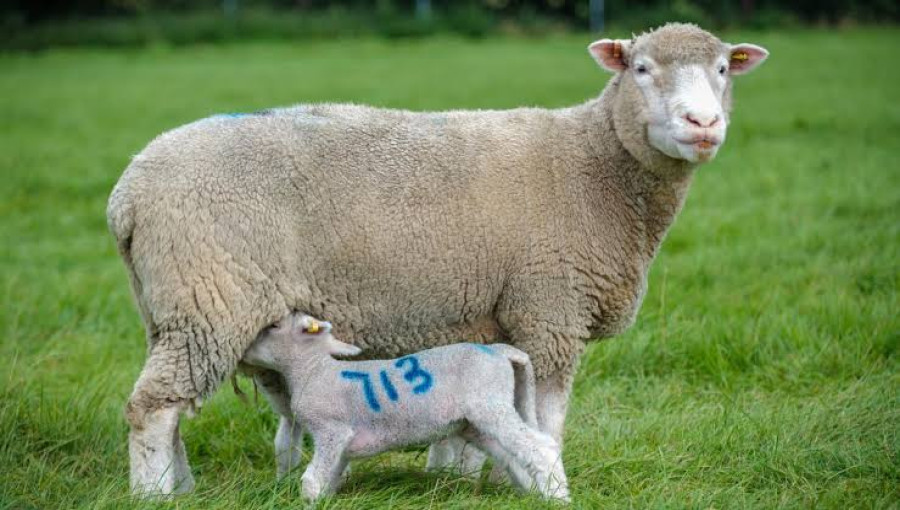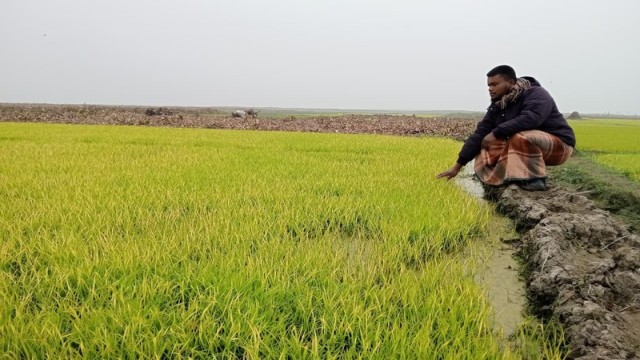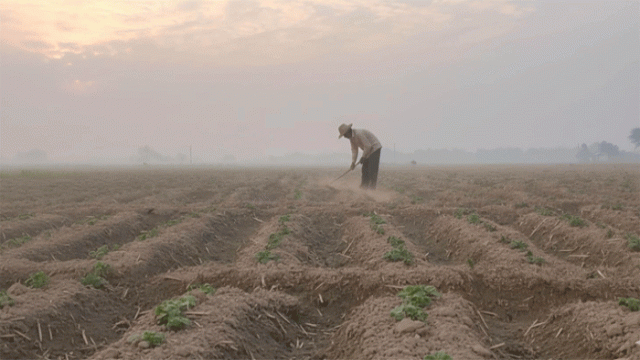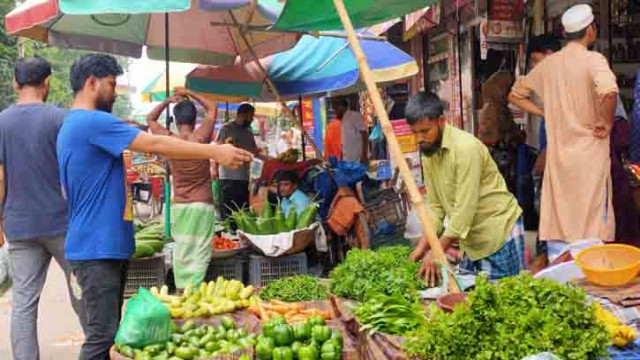Oct 20 V7N-German sheep farmer Ortrun Humpert, like many others, is struggling to cope with the devastating impact of the bluetongue virus, which has caused widespread outbreaks across the country. Since the BTV-3 strain of the virus appeared in Germany in October 2023, Humpert has lost 140 of her 500 sheep. The late arrival of a vaccine and limited financial support have worsened the crisis for sheep farmers.
Bluetongue, a viral disease transmitted by biting midges, primarily affects sheep and cattle, causing high fevers, swollen heads, and mouth ulcers. It has no direct impact on humans but is particularly lethal to sheep. Climate change has exacerbated the spread of the virus, and Germany, with some 10,000 outbreaks, has been hit harder than other European countries like France, which initiated a free vaccination campaign early on.
In Germany, vaccination support varies by state, and farmers often bear part of the cost, which has strained their already precarious financial situation. Humpert, who heads North Rhine-Westphalia's sheep breeders' association, highlighted that sheep farmers, earning an average of 6.50 euros per hour, are facing crippling costs for vaccines, vet fees, and the care of sick animals. While France recently announced a 75-million-euro aid package for affected farms, Germany has yet to offer special compensation.
With the current vaccine authorization expiring in December, Humpert and other farmers are calling for a quick renewal of the vaccine supply in the spring and greater financial assistance from authorities. Without these assurances, the future of sheep farming in Germany remains uncertain.
END/AGR/ RH































Comment: